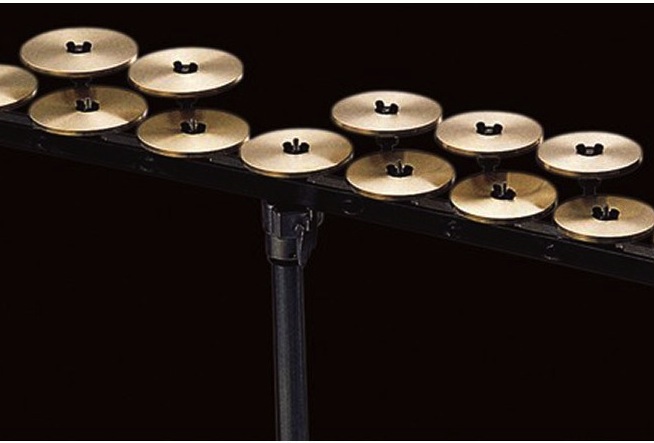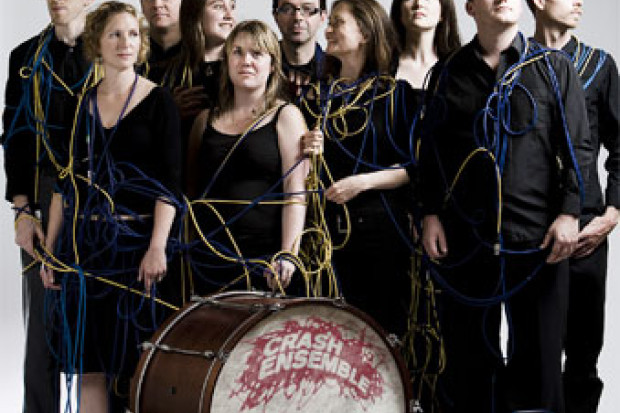
Crotales, a vital ingredient for competition success.
...And This is How You Win Composition Competitions
If you’ve ever wondered how to go about winning a competition for composers, Ben Phelps, a composer based in Los Angeles, has written a handy guide. In a recent post on his blog Cereal Music, Phelps prescribes a list of steps to take to get your hands on some of the world’s composition prizes. ‘One of the main reasons we all became composers is the thrill of competition,’ jokes Phelps.
‘The hunt, the chase, the adrenaline rush, the sport of it all! The vibrant beauty of young lads, in the prime of youth, competing for the glory of being the best. We are lucky in that we have such a well formed and established competition circuit for the young composer to earn his chops on, which then turn into exciting and plentiful opportunities for the mid-career composer like the Rome Prize, all culminating in such Grand Prix as the Grawemeyer and the Pulitzer, two of the most closely watched and anticipated contests in all of music.’
Phelps claims a few steps should improve anyone’s chances with a competition’s judging panel. The first step, he says, is ‘to have won a lot of competitions already’ because judges don’t like taking a risk on unknown candidates. But an alternative, writes Phelps, is ‘applying to competitions where your teacher sits on the judging panel’.
Additional steps to ensure competition success include using crotales (‘Nothing says “competition winner” like constant, absurd saturation of your music with Crotales.’), using seven triangles, using many tuplets and using them early in the piece and avoiding writing slow music (‘When the panel pops in your demo CD, you have about 10 seconds to keep them listening. This is achieved by showing how many notes and extended techniques you can fit in in 10 seconds, not by boring them to death with some long slow build to a climax.’).
The title is also crucially important, says Phelps, and one should make sure to keep up with the latest titling trends. Recent fads include putting parentheses into a title mid-word (e.g. Inter(rupt)ions) or ‘titles suggesting the deep mathematical or scientific understanding of the composer’. A timeless winner, writes Phelps, is beginning a title with ‘… and’. Phelps says that beginning your title with an ellipsis shows ‘how deep and mysterious your thoughts are, as though they are constantly on-going and the listener just happens to pass by mid-sentence’.
Phelp’s article puts us in mind of the (far less sardonic) article by Bob Gilmore published in these pages some years ago, in which he writes of his hatred of composition competitions. In the article, Gilmore remembers a particularly vicious composition competition from his student days. ‘My fellow new music heads and myself, one drunken evening, came up with a dreadful game,’ writes Gilmore. ‘You had to make pairings of composers — for example Michael Tippett and Benjamin Britten — and choose which you would rather have shot at birth and which you would spare but instead burn all their works. And why. This of course is a horrible sort of ‘competition’: both contestants lose.’












